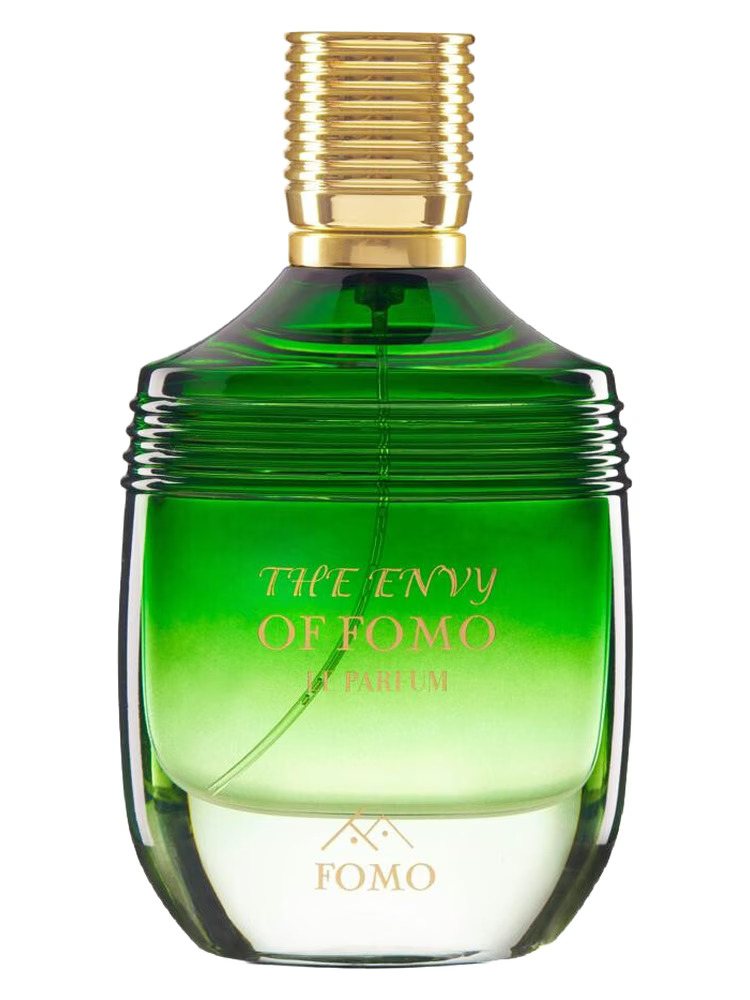- The Envy of FOMO FOMO for women and men:
main accords
woody
warm spicy
powdery
vanilla
amber
patchouli
fresh spicy
balsamic
floral
aromatic

The Envy of FOMO: Unpacking Gendered Experiences of Fear of Missing Out
FOMO—short for the “Fear of Missing Out”—has evolved from a casual feeling of regret into a pervasive emotional and social phenomenon, shaped by how we connect, consume content, and define belonging in a hyper-connected world. Yet what often goes unexamined is how FOMO manifests differently for women and men, rooted in distinct societal expectations, social scripts, and even the spaces (digital or physical) they occupy. This “envy of FOMO”—the quiet resentment or pressure that arises when one’s own life feels less “full” than the experiences others seem to be having—carries unique weight across genders, reflecting broader cultural norms about success, relationships, and self-worth.
For women, FOMO often intersects with pressures to “balance” multiple roles: career milestones, caregiving (for children, family members, or loved ones), social connections, and personal growth. A social media feed filled with peers’ promotions, family vacations, or “perfect” home moments can trigger FOMO not just about missing a single event, but about falling short of societal ideals of a “fulfilled” woman. This might look like guilt over skipping a friend’s birthday dinner to finish work, or anxiety about missing a child’s school event to attend a networking opportunity—FOMO here becomes tangled with self-judgment and the fear of failing at conflicting responsibilities. Digital spaces, where curated images of “having it all” dominate, amplify this: women may envy the “effortless” balance others project, even as they know those images omit the messiness of daily life.
For men, FOMO often leans into norms of achievement, camaraderie, and traditional markers of success—career advancement, financial milestones, or shared “masculine” experiences (like group trips, sports events, or professional wins). Missing a work happy hour where promotions are announced, a weekend getaway with childhood friends, or a chance to showcase a personal achievement (e.g., a fitness goal, a business win) can trigger FOMO tied to fears of disconnection from peer groups or of being seen as “falling behind” in status. Unlike women’s FOMO, which often centers onbalance, men’s FOMO may more frequently revolve aroundbelongingto a community of achievers or maintaining a sense of competence. There’s also less cultural space for men to vocalize this fear—admitting FOMO can feel like a sign of vulnerability, which conflicts with rigid ideas of masculinity, leaving many to process it in silence.

Across genders, the “envy of FOMO” shares a core: it’s not just about missing out on events, but about missing out on thefeelingof being seen, valued, or on track. Yet the triggers, the shame attached, and the ways we cope differ—shaped by how society tells women and men they “should” live. Recognizing these gendered nuances doesn’t eliminate FOMO, but it helps us separate the noise of others’ curated lives from our own, turning envy into a more honest conversation about whatwetruly want.
Perfume Pyramid
Top Notes
1.Pepper 2.Clove 3.Mandarin 4.Bergamot 5.Grapefruit
Middle Notes
1.Sandalwood 2.Cedar 3.Carnation 4.Violet 5.Rose
Base Notes
1.Patchouli 2.Vanilla 3.Amber 4.Tonka 5.Musk 6.Labdanum 7.Vetiver
